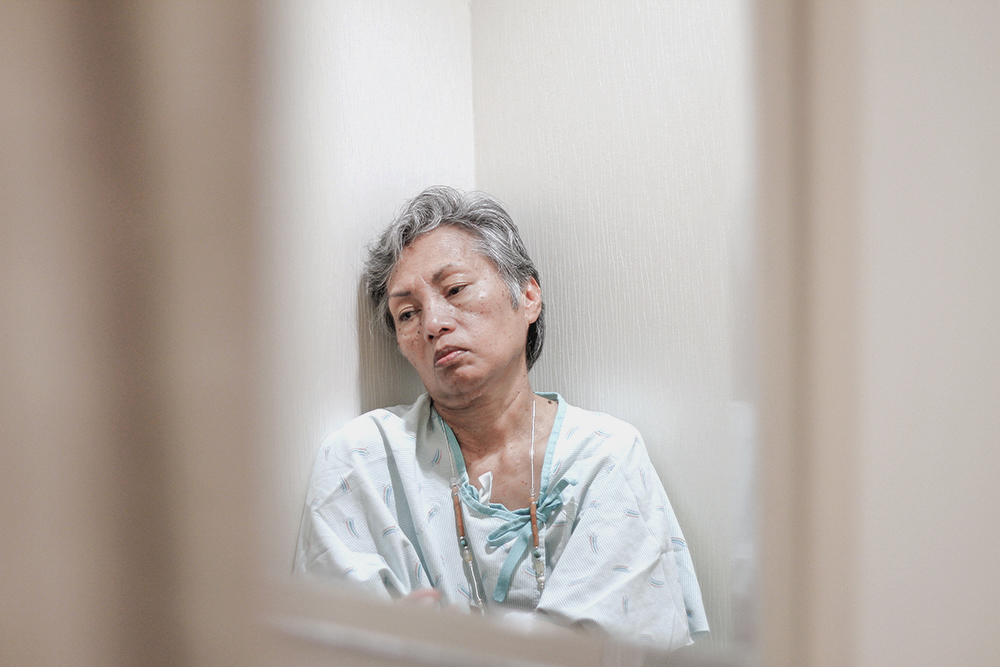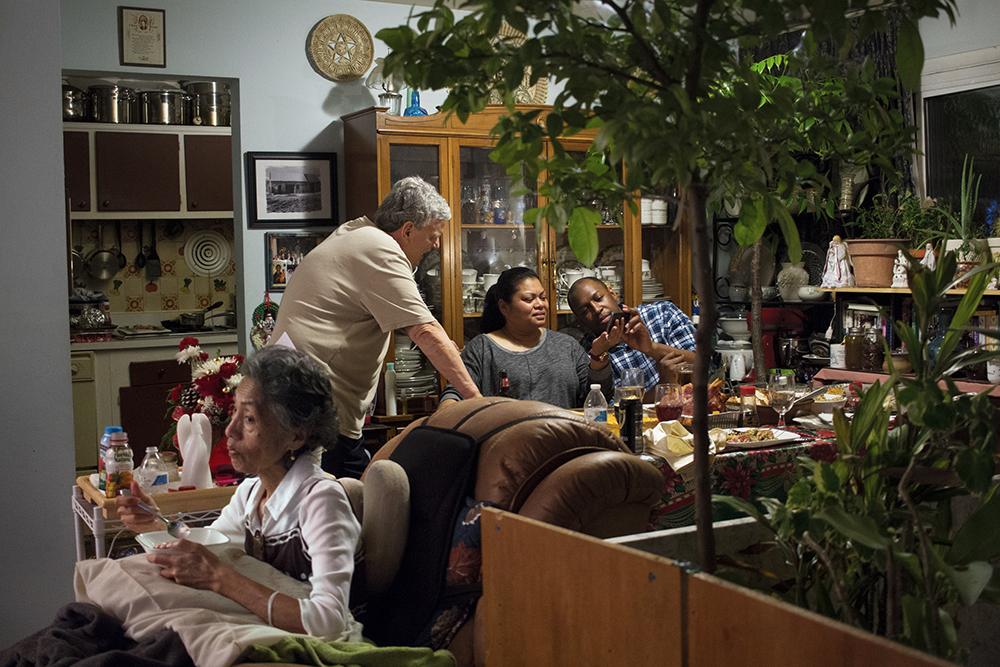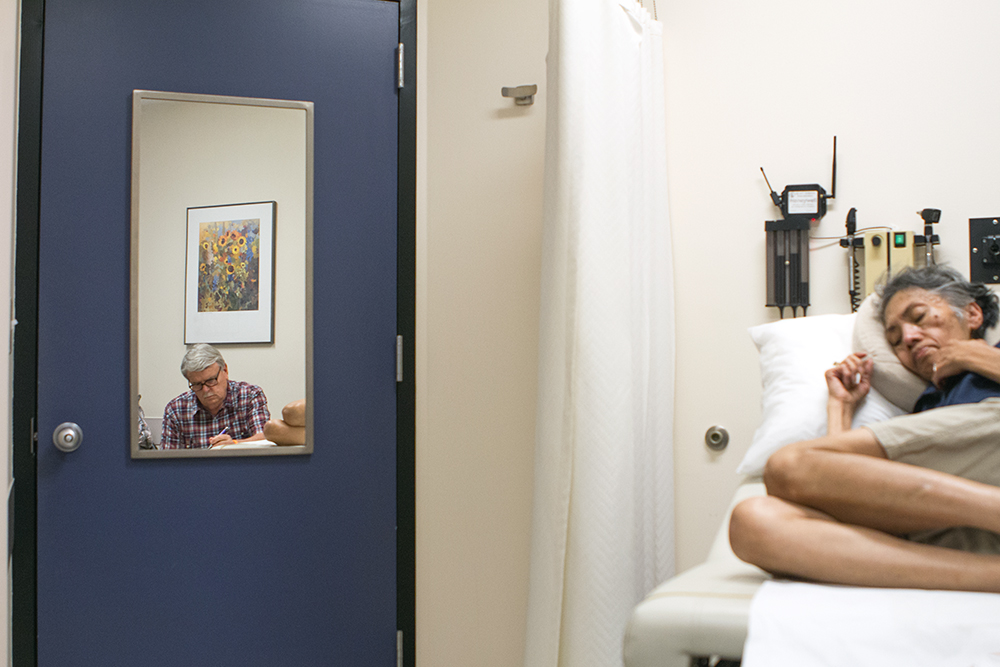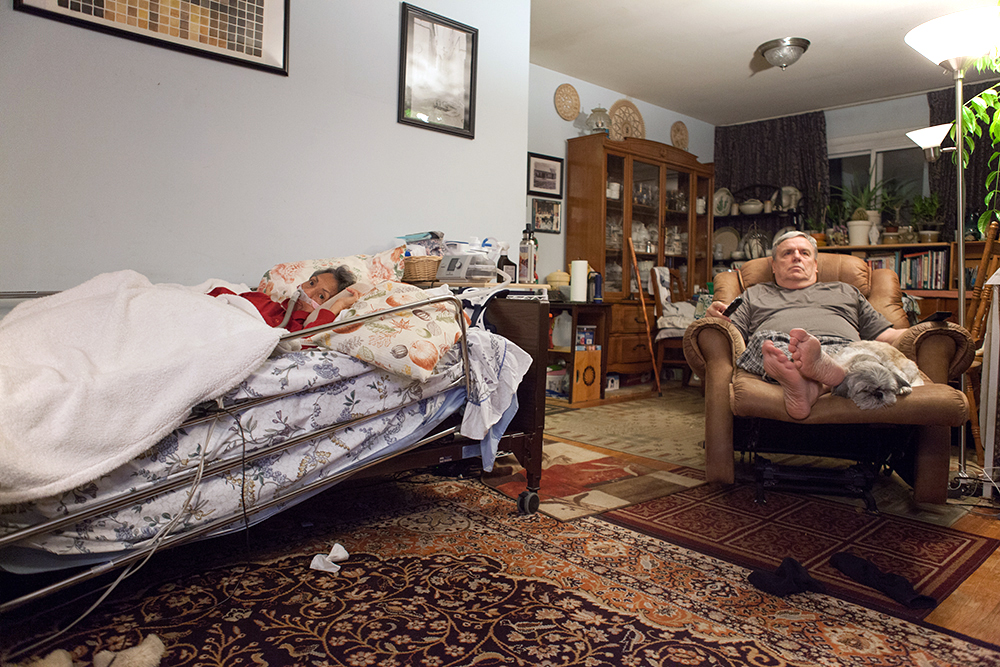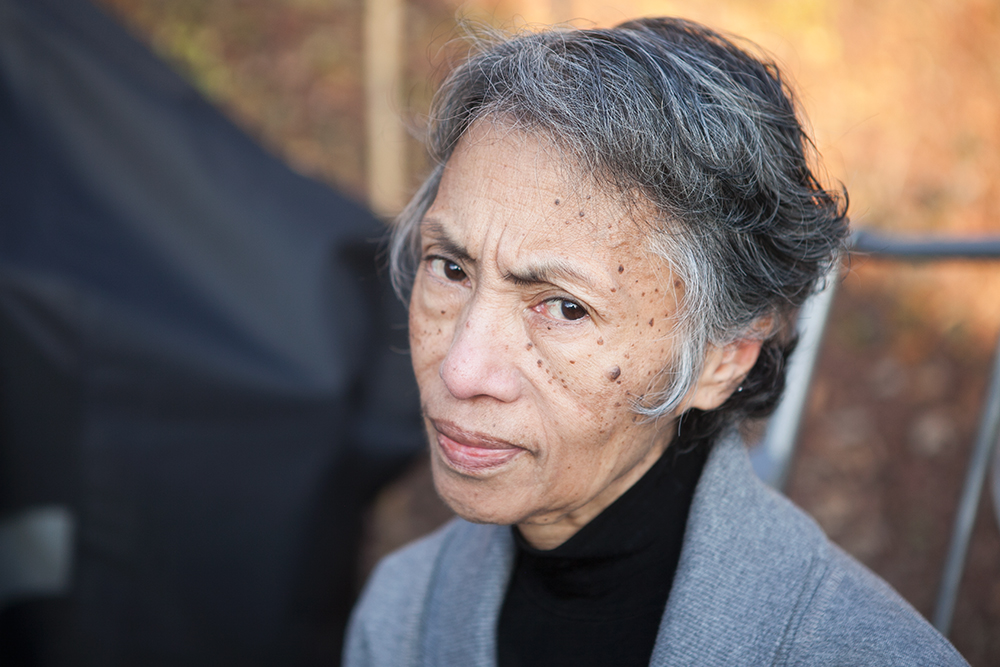3rd place
bronze star award
Ellamarie Quimby
title
Watching You Go
In August of 2014, Evelyn Quimby was diagnosed with Amyotrophic Lateral Sclerosis- more commonly known as ALS, or Lou Gherig’s disease. ALS is a progressive neurodegenerative disorder, attacking the cells in the brain and spinal cord that control voluntary muscle movement. ALS does not effect cognition or brain function. Doctors do not know what causes ALS or why people develop it. Most people with ALS survive only 2-5 years after their first symptoms develop- less than 10% will live more than 10 years. There are no treatments, no cures, and no recovery.
I moved across the continent from my family within two months of my mother’s diagnosis. I do not know her doctors, and I barely know her aides. My sister is listed on my mother’s Power of Attorney forms, but I am not. I experience my family’s life in chapters, in episodes, in sentences. I am a casual participant in the lives of the most important people in mine.
She watches the weather channel from her hospital bed in the living room. I ask her why- she replies that she’s waiting for a storm.
I tell her: the storm is here.
back to gallery
entry description
My mother was the earth- ripe tomatoes and fennel and cut grass and fertilizer. She was a wide-brimmed straw hat, streaked with dirt, fraying slightly at the edges from the sun. Her hands gave life to string beans and cucumbers and bell peppers and me.In August of 2014, Evelyn Quimby was diagnosed with Amyotrophic Lateral Sclerosis- more commonly known as ALS, or Lou Gherig’s disease. ALS is a progressive neurodegenerative disorder, attacking the cells in the brain and spinal cord that control voluntary muscle movement. ALS does not effect cognition or brain function. Doctors do not know what causes ALS or why people develop it. Most people with ALS survive only 2-5 years after their first symptoms develop- less than 10% will live more than 10 years. There are no treatments, no cures, and no recovery.
I moved across the continent from my family within two months of my mother’s diagnosis. I do not know her doctors, and I barely know her aides. My sister is listed on my mother’s Power of Attorney forms, but I am not. I experience my family’s life in chapters, in episodes, in sentences. I am a casual participant in the lives of the most important people in mine.
She watches the weather channel from her hospital bed in the living room. I ask her why- she replies that she’s waiting for a storm.
I tell her: the storm is here.
back to gallery

